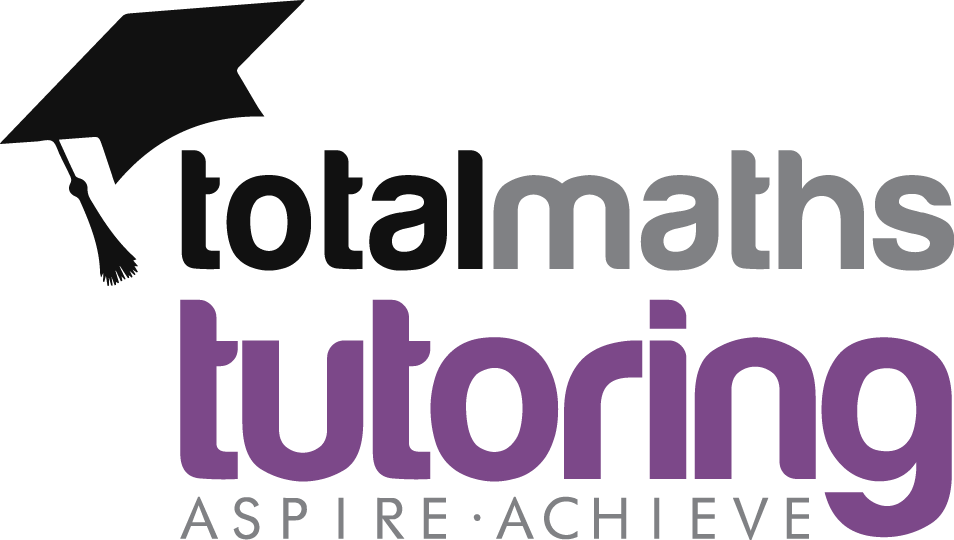It may feel like the GCSEs are still a world of time away and revising for them may seem like something to consider much closer to the time. However, contrary to common practice by students, it is not advisable to leave revision until the days or even weeks before the exam. Numerous studies have shown that it is prudent for students to allow themselves a substantial period of time (months) to effectively revise for formal examinations. ‘Cramming’ information immediately before the exam has only been shown to slightly improve a student’s short term recall and has little effect on long-term retention, therefore it is usually ineffective before GCSE exams due to the volume of information a student is required to retain.
A study by Professor John Dunlovksy of Kent State University, reviewed a range of revision techniques and assessed their overall effectiveness based on a range of factors (the full study can be found here). Common practices such as highlighting and underlining were found to have little effect in aiding students’ retention of information and were, in some cases detrimental (Glover, Zimmer, Fibeck, & Plake, 1980).
We have put together our top 5 revision strategies based on this research:
- Elaborative interrogation
This is a highly effective method of revision whereby students are asked ‘why’ questions, in order to generate their own explanations to support facts. It was found that students who were prompted by tutors to answer ‘why’ questions substantially improved their accuracy in recalling information (72%) when compared to those who had not (37%) (Seifert, 1993). This technique enhances learning by supporting the integration of new information with existing knowledge and has proven to be most effective when the student is supported by an expert (e.g. a tutor or teacher) rather than a peer.
- Self-explanation
This requires a student to verbalise aspects of their processing while learning and has been shown to have a high impact in solving logical reasoning and mathematical problems (Wong, Lawson, & Keeves, 2002). It is also very useful in helping teachers to aid students in overcoming misconceptions as it helps the teacher to identify. It is worth noting here that this is easier for teachers to achieve in a one to one setting over a regular classroom due to the time demands associated.
- Distributed practice (retrieval practice)
Distributed practice encourages students to revisit learning material numerous times over a prolonged period while leaving a period of time between each encounter. This can be through simply reviewing notes or attempting questions on topics that have not been recently learned. This technique has been found to be highly effective across a range of students of all ages (Carpenter, Pashler, & Cepeda, 2009) when practiced over a substantial time period (so more than the week before the exam).
- Re-reading
Rothkopf (1968) found that recall steadily improved dependent on the number of times a texts was re-read with ‘spaced’ re-reading having the most significant effect. This practice works on similar principles as distributed practice and suggests that familiarity with information alone increases recall.
- Practice testing
Despite its undeniable unpopularity among students, there is 100 years of research supporting the supposition that testing improves learning (Roediger & Butler, 2011). This practice is often associated with giving students graded, summative, end of topic assessments however which is not what were are talking about here. As a revision method, it is far more effective for students to engage in ‘low-stakes’ testing (formative tests where the idea is to learn and improve based on your results). This has proven to be universally effective across a range of ages and for a multitude of subjects.
Whatever the method a student chooses, one thing is true of them all – start now to ensure the best chance of exam success.
